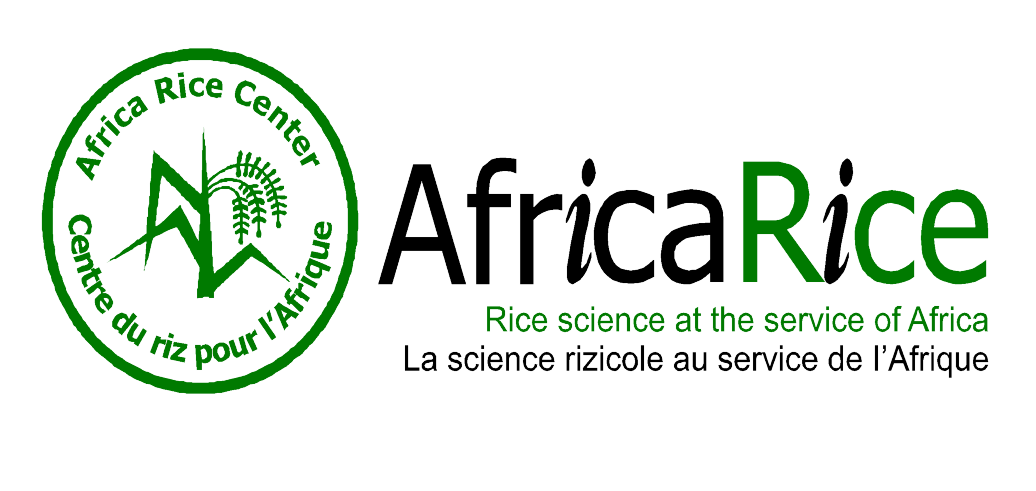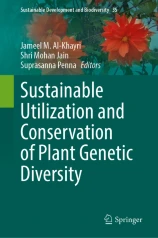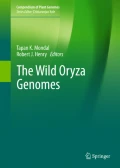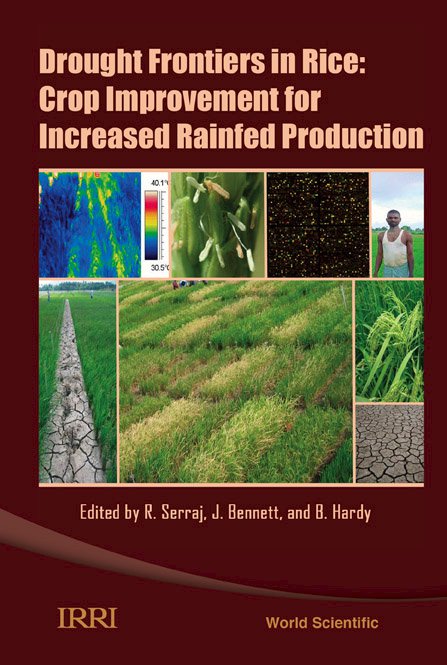This publication highlights the growing role of genomic tools in improving seed bank operations and plant genetic resource conservation. Genomics is transforming how gene banks acquire and manage germplasm by enabling conservation gap analysis and identifying rare and novel genetic resources. Through transcriptomic approaches, researchers can identify candidate genes linked to desirable traits, boosting efforts to conserve biologically important plant species. Key benefits include reducing genetic redundancy...
Book chapters
Oryza longistaminata A. Chev. and Röhr
Oryza longistaminata, a wild rice species found exclusively in Africa, holds significant potential for improving cultivated rice varieties. While it is agronomically inferior to commercial rice, this species boasts several valuable traits, including strong rhizomes, drought resistance, weed suppression via allelopathy, and high nitrogen-use efficiency. Furthermore, it offers resistance to numerous biotic stresses, such as brown plant hopper, nematodes, and bacterial blight. Recent genomic advances...
Oryza glaberrima Steud.
Oryza glaberrima, commonly known as African rice, is a rice species domesticated by farmers in the Niger River Inland Delta. While it exhibits narrow genetic diversity compared to its wild ancestor, Oryza barthii, and the widely cultivated Asian rice (Oryza sativa), O. glaberrima plays a significant role in regional and global food security. African rice faces challenges like low yield potential, high shattering, and lodging susceptibility, which have contributed to its decline in farmers' fields...
Evolutionary relationships among the Oryza species
The evolutionary relationships within the Oryza genus, particularly the origins of Asian rice, have long been a subject of debate. Despite extensive research, inconsistencies remain in understanding the genus's evolutionary dynamics. This publication delves into how recent advances in genomics are reshaping our understanding of these relationships. Modern genomic tools are providing new opportunities to resolve the origins of cultivated rice and clarify the phylogenetic relationships between various Oryza species...
Drought research at warda: Current situation and prospects
Drought poses a significant challenge to rice production across rainfed ecologies in sub-Saharan Africa (SSA). Affecting both upland and lowland areas, drought at the reproductive stage can cause severe yield losses. Approximately 70% of lowland rice farmers experience this issue. To address this, WARDA (now AfricaRice) has prioritized drought resistance in its rice breeding programs. A key approach involves interspecific breeding between Oryza sativa and Oryza glaberrima...



